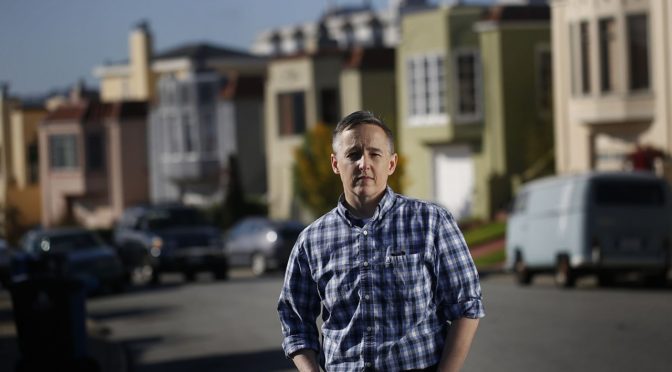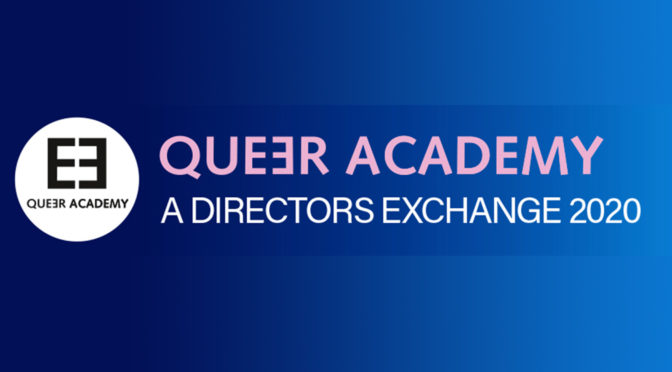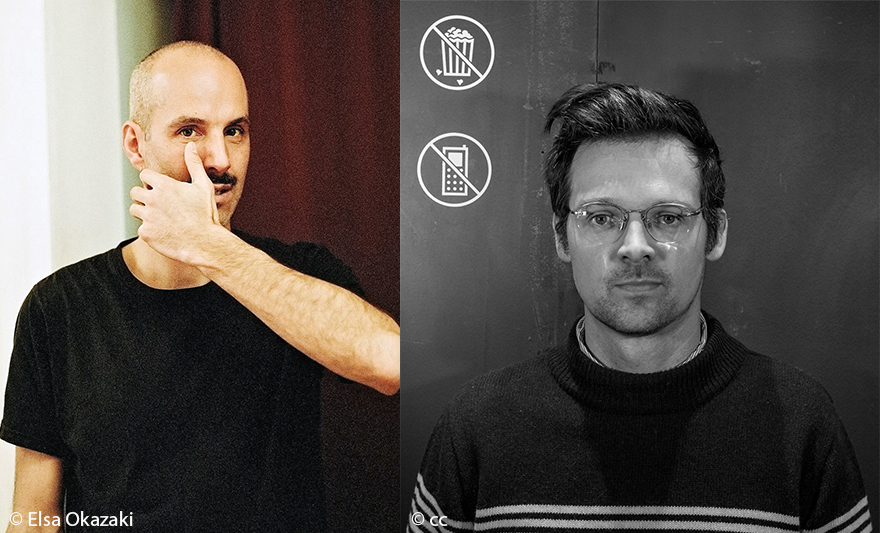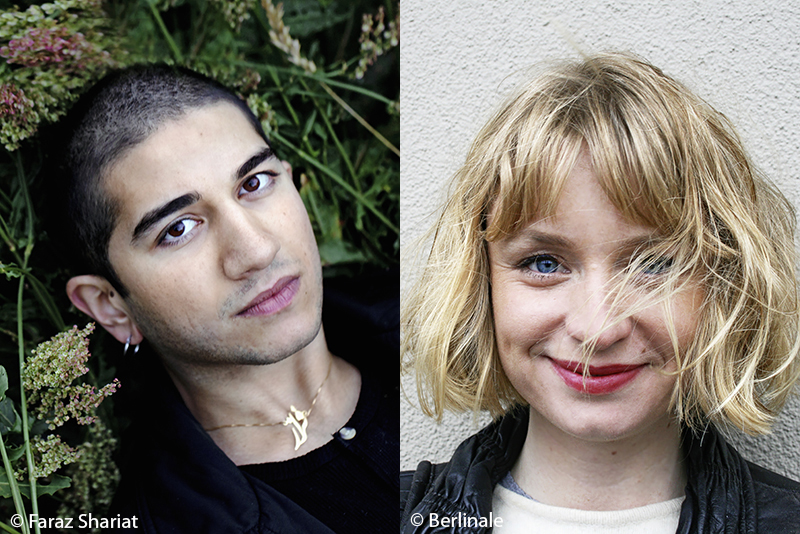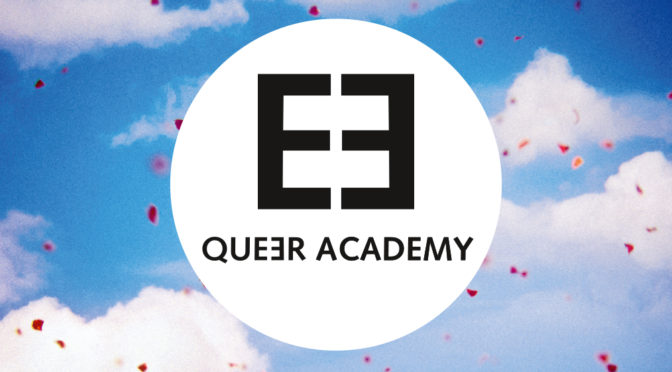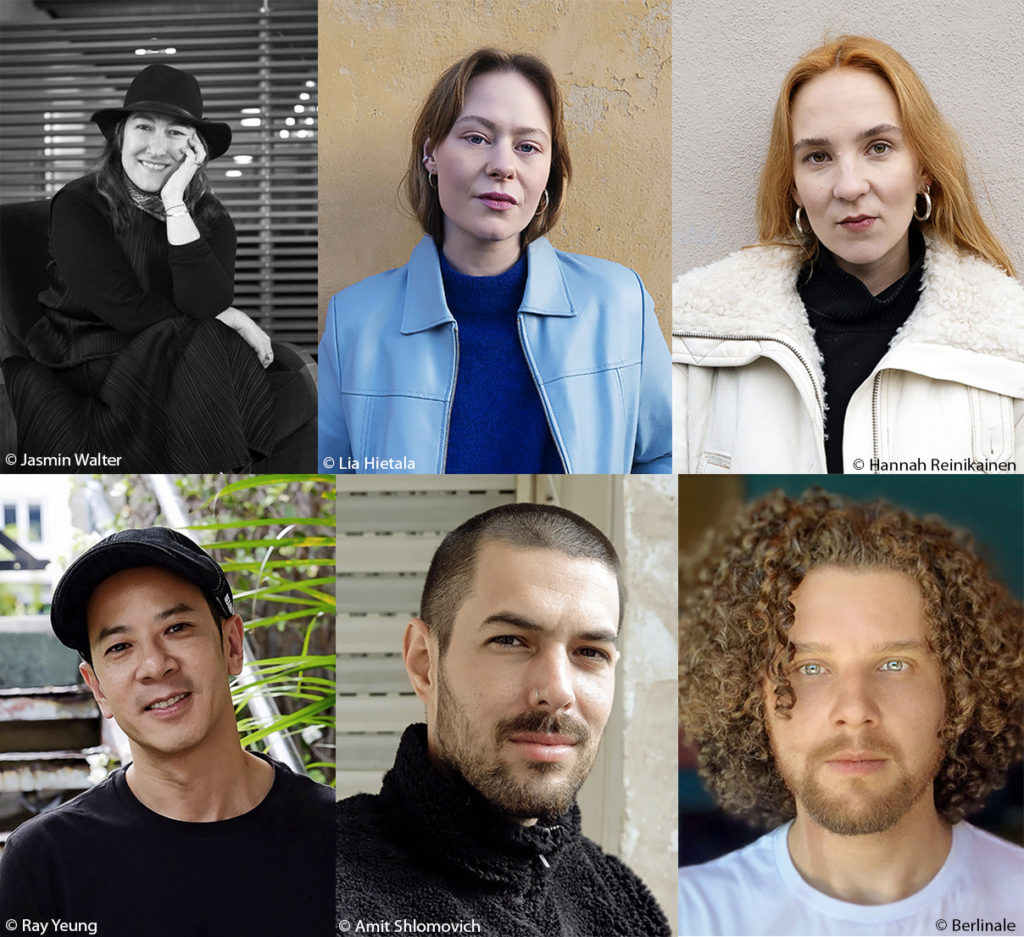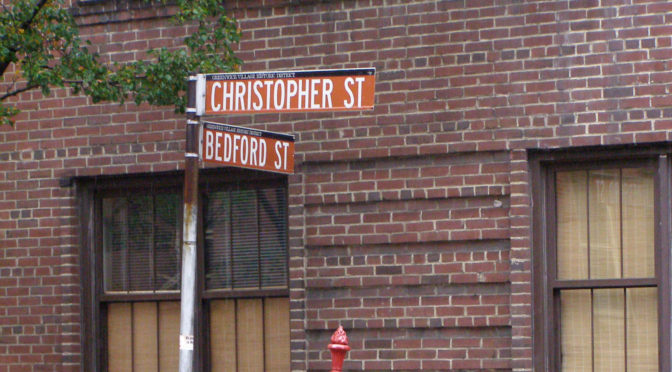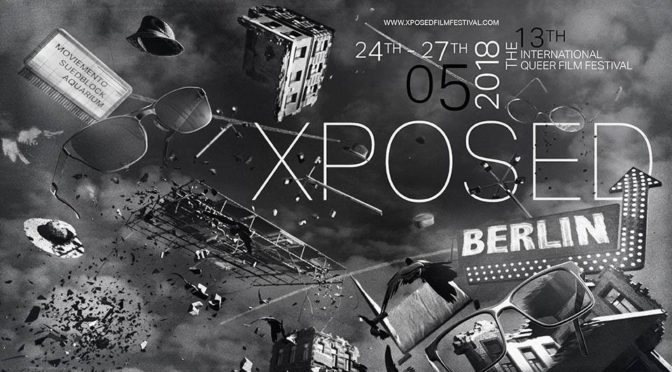Christopher Street Day has arrived in Berlin for the 40. time and promises to be bigger and more colorful than ever. The annual celebration of the LGBTQI* community is certainly one of the most fabulous events of the year, however (and this is important) it is also a demonstration. While the Western world can rightfully be proud (no pun intended) of its achievements regarding tolerance and acceptance, it is also crucial to remember that LGBTQI* lives are under constant threat in many parts of the world; that different members of the community are treated differently by the hegemonic domain and by the community itself as well; that CSD should not be taken for granted; and that looking at the history of this joyous event is a must.
The sun shines, the summer heatwave still strikes hard, and with the magic of last night’s lunar eclipse in the air everything is given for a wonderful parade in the center of Berlin. Music, dancing, pride, and a vibrating feeling of freedom will fill the streets today. This in itself is very powerful. But the underlying political drive is what makes CSD (and any other pride event) special. Granting visibility to an oppressed community (very much present tense here), reclaiming public spaces, and protesting oppression, exploitation, ignorance, and discrimination with loud music, loud colors, glitter, and the most exuberant dance moves makes CSD striking. Politics mixed with happiness and proud self-expression. The flamboyance, playfulness, and excess of expressions is beyond mere merriment and gaiety: it all is something of the core of queer politics. It is subversive, it is liberating, and it is empowering.
While the party vibes are certainly appealing, it is also important to remember what we celebrate and what are we marching for. We should honor the astonishing achievements of the community and the queer social movements across the globe because these are hard-fought achievements. But let me focus on the hard-fought element today, as I believe this is something that sometimes fades away under the pulsing beats. On this day, I would like to dance, yes. But I would also like to take my time to remember.
I would like to remember today all those who fought unstoppably for a world in which I don’t have to hide my desire and love.
I would like to remember those who passed away in the fight.
I would like to remember the first stones thrown.
I would like to remember the tears, the laughter, the sweat, and the love that characterized the journey to this day.
I would like to remember the very first march.
I would like to remember how other social movements helped our cause and how we helped others.
I would like to remember the bravery, the creativity, and the immense will-power of those who fought for LGBTQI* lives and causes.
I would like to remember so I would not forget how we got here. Looking into the past is crucial. It fights forgetting, and for the LGBTQI* community this is especially important. Our his/herstory_ies are not detailed in history books and the materiality of these is not safeguarded in publicly funded institutions. We need to remember. We must. Otherwise what are we building our future on?
But today I would also like to think of others who need our thoughts and support.
I would like to think of those whom are still fighting really hard.
I would like to think of those whose fight is characterized by fear for their lives and physical well-being.
I would like to think of those whom are running away from their homelands out of fear for their lives and with the hopes for a freer and happier future only to find themselves being detained and interrogated in their chosen land of “tolerance”.
I would like to think of the trans* people who have been murdered for being trans*.
I would like to think of all those kids and young people who have been and whom are being bullied in their local communities for being different.
I would like to think of those who still hate themselves for being different.
And as the parade begins and I start to walk and dance with the crowd on the heat-vomiting asphalt sea of Berlin I would like to keep remembering and thinking of others with whom I cannot share this joyful parade. Perhaps this is where some of the power of CSD lies.
The TEDDY AWARD wishes everybody a happy, liberating, and empowering CSD.
